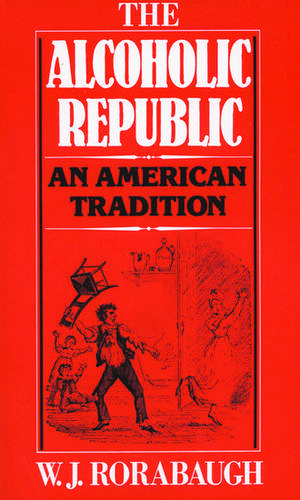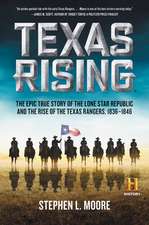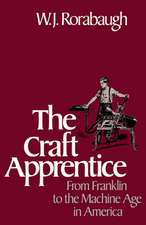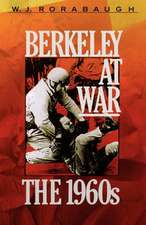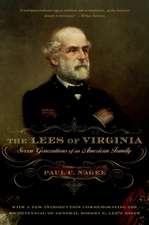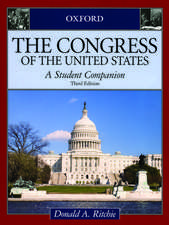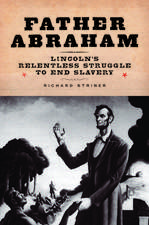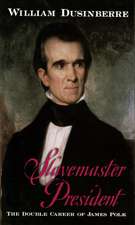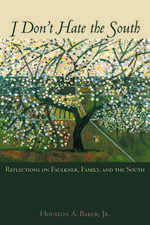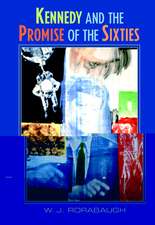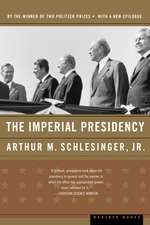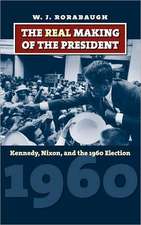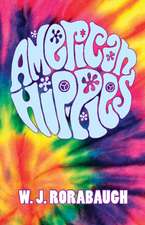The Alcoholic Republic: An American Tradition
Autor W. J. Rorabaughen Limba Engleză Paperback – 16 feb 1995
Preț: 139.01 lei
Nou
Puncte Express: 209
Preț estimativ în valută:
26.60€ • 27.87$ • 21.99£
26.60€ • 27.87$ • 21.99£
Carte tipărită la comandă
Livrare economică 31 martie-07 aprilie
Preluare comenzi: 021 569.72.76
Specificații
ISBN-13: 9780195029901
ISBN-10: 0195029909
Pagini: 320
Ilustrații: illus.
Dimensiuni: 136 x 204 x 16 mm
Greutate: 0.27 kg
Editura: Oxford University Press
Colecția OUP USA
Locul publicării:New York, United States
ISBN-10: 0195029909
Pagini: 320
Ilustrații: illus.
Dimensiuni: 136 x 204 x 16 mm
Greutate: 0.27 kg
Editura: Oxford University Press
Colecția OUP USA
Locul publicării:New York, United States
Recenzii
Rorabaugh has written a well thought out and intriguing social history of America's great alcoholic binge that occurred between 1790 and 1830, what he terms 'a key formative period' in our history....A pioneering work that illuminates a part of our heritage that can no longer be neglected in future studies of America's social fabric.
A bold and frequently illuminating attempt to investigate the relationship of a single social custom to the central features of our historical experience....A book which always asks interesting questions and provides many provocative answers.
Great! The dual emphasis on common lifestyles and on reform, on qualitative and quantitative methods make it ideal for undergraduates.
This accessible monograph is grounded in a useful combination of social psychology and social history, providing undergraduates with an excellent example of how to use theory and evidence to elucidate an important and much-neglected episode in American history.
A bold and frequently illuminating attempt to investigate the relationship of a single social custom to the central features of our historical experience....A book which always asks interesting questions and provides many provocative answers.
Great! The dual emphasis on common lifestyles and on reform, on qualitative and quantitative methods make it ideal for undergraduates.
This accessible monograph is grounded in a useful combination of social psychology and social history, providing undergraduates with an excellent example of how to use theory and evidence to elucidate an important and much-neglected episode in American history.
